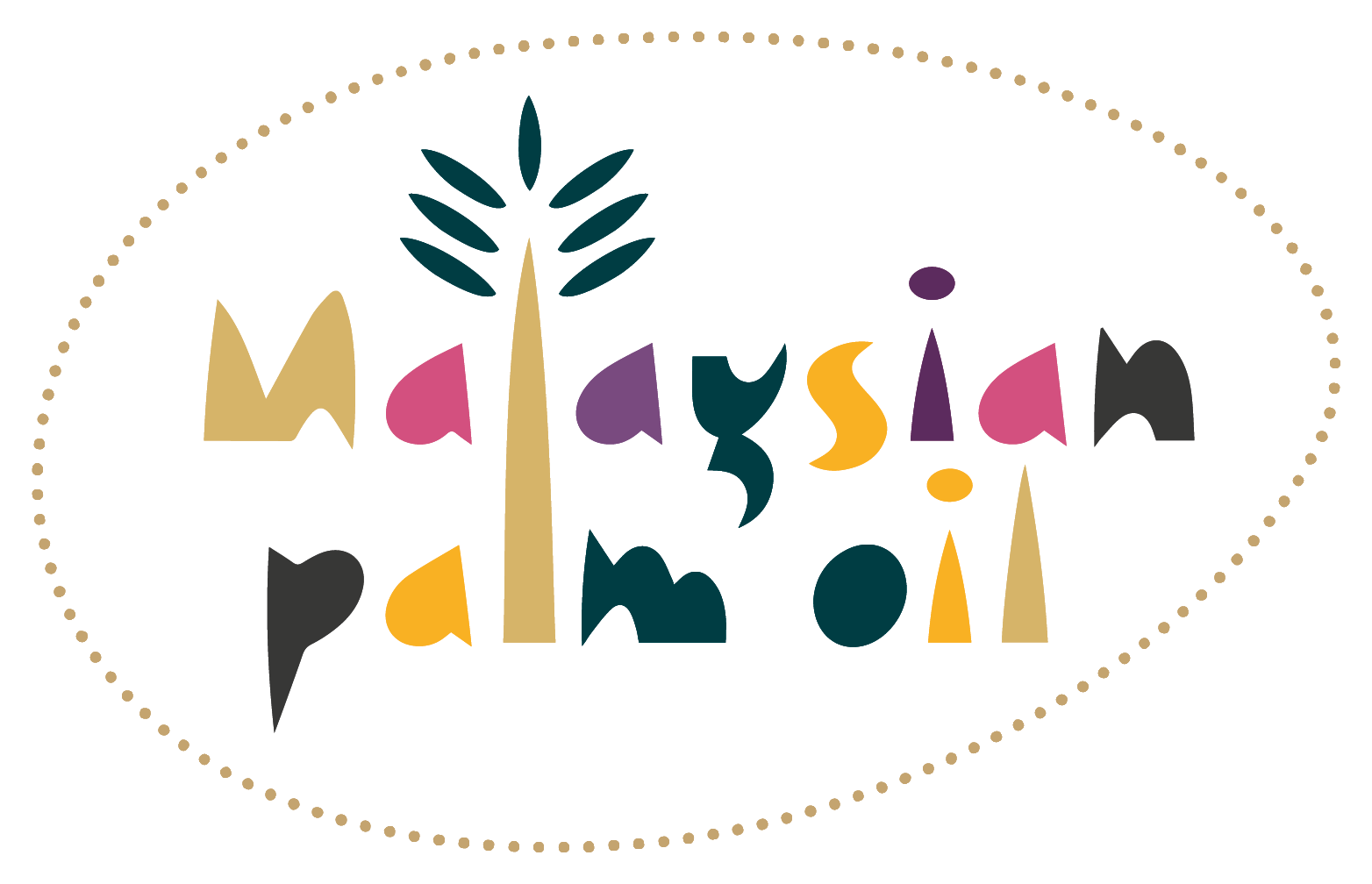The EU Commission has released a new FAQ document related to the EU Deforestation Regulation (EUDR). The EUDR is now in its implementation phase â an 18-month timeline has been set, which will expire at the end of 2024, for Malaysian exporters to ensure all criteria are met for their supply chain partners in Europe to fully comply with EUDR.
Clarity from the European Union on the implementation process is therefore very valuable for Malaysian palm oil exporters, smallholders, and others. Importers need to supply data to European customs authorities under EUDR, but those importers will as a consequence make demands on their Malaysian suppliers.
The hope is that the FAQ Document is the start of a significant move towards transparency and constructive information-sharing by the EU, that can remove some concerns that exist.
A key concern relates to the role of smallholders under EUDR, and how the difficulty of EUDR implementation could mean they are left behind and cut from supply chains. Each shipment of palm oil could contain product from up to 70,000 individual plots of land â under the EUDR rules, that could be up to 500,000 data points needed for just one shipment. It is a highly complex operation even for the biggest and most well-resourced companies. For small farmers, of which there are 300,000 in the Malaysian palm oil supply chain, it could be almost impossible.
Senior international experts are now raising the alarm. Pamela Coke-Hamilton, Executive Director of the International Trade Center (ITC,) a joint agency of the UN and World Trade Organization (WTO), says that EUDR risks a âcatastrophicâ impact on global smallholders.
She told the Financial Times that the EUDR could create a vicious cycle: âWhat the biggest producers may do is, not being able to do the traceability for these small farmers, simply cut them off ⦠Once you have loss of market share, you have loss of income, then you will have lots of increased poverty, then increased deforestation because at the root of deforestation is poverty.â
The Malaysian government and palm oil sector have warned about this outcome for many months now.
The EUâs new FAQ document does address the smallholder question, setting out the requirements in the Regulation: Effectively that any smallholder under 4ha has reduced geolocation requirements; those above 4ha are responsible for full implementation. The document still offers no flexibility on these points, even following repeated requests from Malaysia and other countries.
Another important element in the EUDR implementation is the question of benchmarking. Many countries have raised concerns, including at WTO, about a lack of transparency in how the EU will determine the âhigh riskâ category under the benchmarking system. The FAQ document does provide a collation of existing material about the benchmarking system, including the criteria listed in the Regulation (rate of deforestation and forest degradation; rate of expansion of agricultural land for certain commodities; production trends of relevant commodities and products). However, the key questions posed by producer countries remains unanswered: What is the methodology, and the process; and how can we ensure it is independently and transparently verifiable?
The Commission document states that the benchmarking will be decided âbased on an objective and transparent assessment analysis, taking into account the latest scientific evidence.â Given the recent findings from the World Resource Institute (WRI) that Malaysia is a global leader on reducing deforestation, the latest scientific evidence seems to clearly point to Malaysia avoiding âhigh riskâ status. But without transparency or communication it is impossible to know for sure. Still, the independent data confirms what Malaysia has been saying for months: âBenchmarking should be based on factsâ¦Malaysia is not a high-risk nation.â
Outreach from the EU about the EUDR, as well as support for compliance, is welcome. The FAQ document provides helpful guidance on some questions â for example, the role of Mass Balance; and how the EU is likely to approach existing certification schemes.
The document makes clear that Mass Balance chains of custody that allow for the mixing of palm oil will not be an acceptable assurance for compliance. Given this, identity preservation is not required as any imports will already be part of a âsegregatedâ supply chain that comprises only of compliant palm oil. The consequences of this for some buyers would be obvious to everyone: These are two primary elements of the RSPO scheme that the EUDR is effectively displacing, according to the FAQ document. On the other hand, MSPO does not have these problems.
Further efforts from the EU Commission, including the newly-formed Joint Taskforce with Malaysia and Indonesia could lead to an improved understanding and a serious addressing of producing countriesâ concerns. In order for this to work, it must include transparency and a genuine willingness to address the concerns of governments and independent experts.
A first step should be a recognition from Brussels of the burden it is forcing onto palm oil producers. The FAQ document states plainly that âthe Regulation does not apply to producers.â It is clear to all that this is a legalistic answer, and is not helpful. In the real world of the supply chain, producing countries and exporters face significant requirements as a result of EUDR-based demands from their customers and partners. It is better to be honest about that fact, and then cooperate towards ensuring those demands can be met by all.
